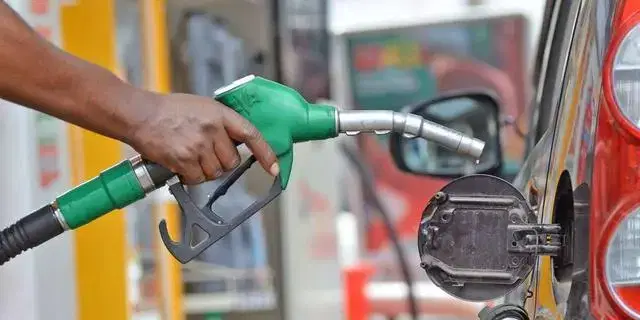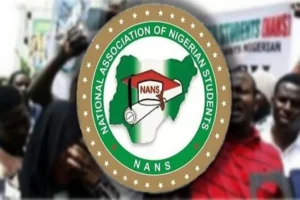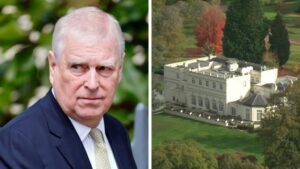As Nigerians face rising fuel prices, a new change has emerged in the way petrol is sourced. Recently, the federal government approved independent marketers to buy fuel directly from the newly launched Dangote refinery. This decision allows marketers to bypass traditional suppliers and access petrol locally.
However, with the Nigerian fuel market now deregulated, market forces—rather than government-set prices—are driving pump prices. The result has been a wide range in prices at filling stations. Some stations now sell fuel for as high as N1,250 per litre, and the black market is charging around N1,300. In Ikotun, Lagos, a motorist named Chinedu Eze shared his frustration, saying he paid N1,150 per litre. “Fuel prices keep going up; I am tired,” he expressed. Another driver, Femi Adeyemi, remarked, “People can’t afford fuel anymore, even though we produce crude here.”
Filling station prices vary by location and brand. Major marketers like Conoil and TotalEnergies have set their prices at about N1,109 per litre, while others like NIPCO and Ardova Plc are slightly higher, charging around N1,115 to N1,125 per litre. Many independent stations sell at prices between N1,150 and N1,230 per litre.
Some marketers have concerns about buying from the Dangote refinery, citing the cost difference compared to imported fuel. Many marketers report that imported petrol costs them around N970 per litre, while Dangote’s product is slightly higher at N977 per litre. This small difference in price has left some marketers reluctant to switch, with many asking for lower rates from the refinery to make local sourcing more profitable.
While independent marketers continue to debate fuel sources, Nigerian consumers are feeling the pressure. Motorists hope for a steady supply and some relief from high prices. As market forces take over the fuel industry, all eyes are on the future of Nigeria’s petrol supply and what it means for drivers across the country.







